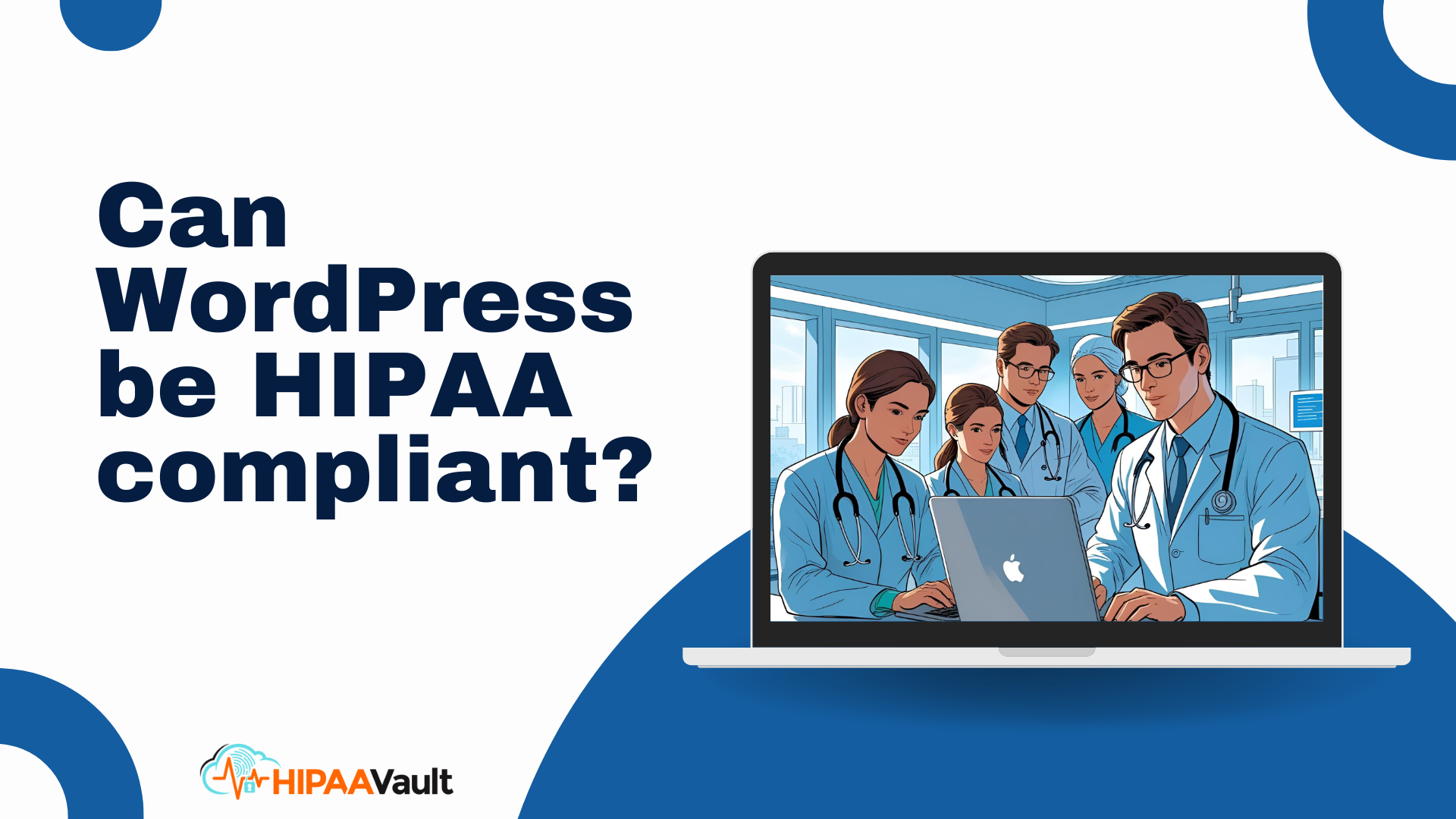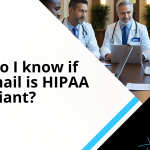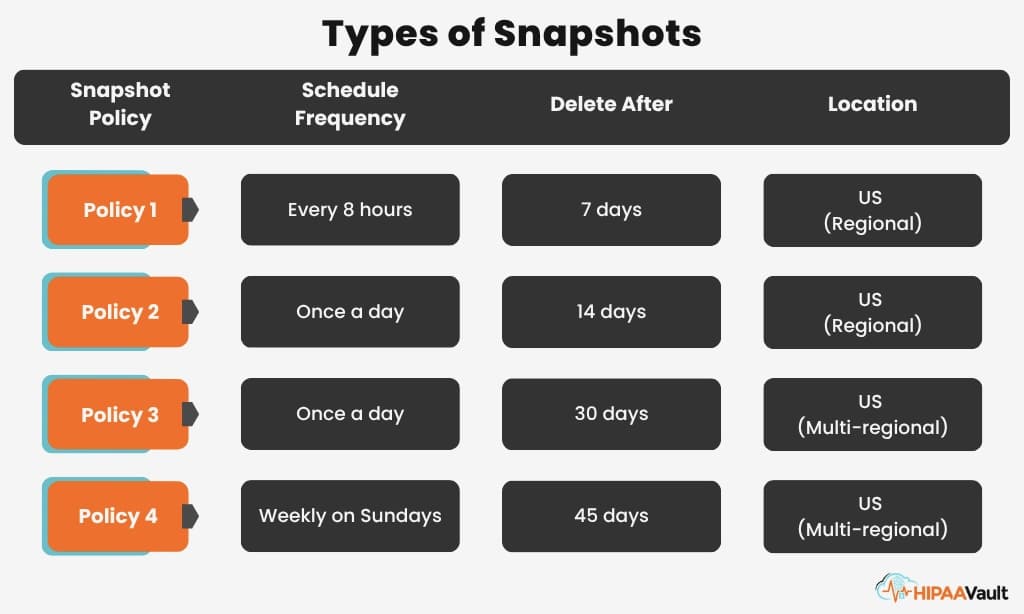WordPress powers over 43% of websites globally, making it a familiar and flexible choice for developers. But when it comes to healthcare websites handling protected health information (PHI), the question arises: can WordPress be HIPAA compliant?
The short answer is yes—but only when implemented within a HIPAA-compliant environment and configured according to security best practices. Out of the box, WordPress is not compliant. However, with the right infrastructure, security policies, and vendor agreements in place, WordPress can support secure healthcare websites.
Understanding HIPAA and Web Platforms
HIPAA—the Health Insurance Portability and Accountability Act—requires covered entities and their vendors to safeguard patient data through administrative, physical, and technical controls. The HIPAA Security Rule applies specifically to electronic protected health information (ePHI) and includes standards for encryption, access controls, audit logging, and breach response.
Importantly, HIPAA doesn’t name specific platforms like WordPress. Instead, compliance depends on how the platform is deployed, managed, and monitored. When WordPress is used to handle PHI—such as through contact forms, appointment requests, or portals—its environment must be secure and backed by a signed Business Associate Agreement (BAA).
WordPress Is Not HIPAA Compliant by Default
WordPress is an open-source content management system (CMS). While this makes it highly customizable, it also means it lacks native HIPAA protections. It doesn’t encrypt stored data, doesn’t offer audit logging, and doesn’t come with a BAA.
According to the HIPAA Journal, “WordPress itself cannot be made HIPAA compliant unless all data handling processes meet HIPAA technical standards and are supported by a HIPAA-covered hosting provider.” (Source: https://www.hipaajournal.com/is-wordpress-hipaa-compliant/)
What Makes a WordPress Site HIPAA Compliant?
To use WordPress safely in a healthcare setting, you need to meet several compliance requirements.
HIPAA-Compliant Hosting with BAA
The most important step is choosing a hosting provider that offers HIPAA-compliant infrastructure and a signed BAA. HIPAA Vault’s managed WordPress hosting includes AES-256 encryption, secure data centers, automated patching, and full 24/7 monitoring—with a BAA built in.
End-to-End Encryption
All website traffic must be encrypted with TLS 1.2 or higher. You’ll need an SSL certificate to ensure all PHI submitted through forms is securely transmitted. The U.S. Department of Health and Human Services (HHS) strongly recommends encryption for all data in transit.
Authentication and Access Controls
Only authorized users should be able to log into your WordPress admin panel or view PHI. Use strong, unique passwords, enforce multi-factor authentication (MFA), and follow role-based access controls to limit privileges.
Audit Logging and Monitoring
Your HIPAA-compliant WordPress setup should include continuous monitoring and log retention for at least six years. This allows for timely detection of unauthorized access or system misconfigurations.
Secure Plugin Usage
Many WordPress vulnerabilities come from plugins. Avoid any that store or transmit PHI unless they specifically support HIPAA compliance. Plugins like WPForms, for example, are not HIPAA-compliant unless paired with secure hosting and encryption. HIPAA Vault offers integrated secure forms that meet these requirements.
Use Cases That Require Caution
If your WordPress site allows patients to schedule appointments, complete intake forms, or share medical questions, then it’s handling ePHI. Even seemingly innocuous data—like email addresses combined with appointment details—can qualify as PHI under HIPAA.
Using a plugin or third-party form service without a BAA or secure transmission can put you at risk. All data collection tools must operate within your HIPAA-compliant infrastructure.
HIPAA Vault’s Approach to WordPress Compliance
HIPAA Vault simplifies compliance by providing:
- Fully managed, HIPAA-compliant WordPress hosting
- A signed BAA covering all infrastructure
- Encrypted data storage and TLS transmission
- Secure form integrations for collecting PHI
- 24/7 support and security monitoring
With HIPAA Vault, you don’t need to figure out compliance alone—we deliver it as a managed service so you can focus on design and content.
Conclusion: Can WordPress Be HIPAA Compliant?
Yes—WordPress can be HIPAA compliant when hosted in a secure environment, configured with encryption and access controls, and backed by a signed BAA.
For healthcare organizations and developers, HIPAA Vault offers a streamlined, secure WordPress solution purpose-built for compliance. Whether you’re launching a patient portal or simply collecting health inquiries, our infrastructure ensures your site is secure and compliant from day one.
Ready to launch a secure WordPress site?
Launch Your HIPAA‑Compliant WordPress Site →
https://www.hipaavault.com/hipaa-compliant-wordpress/
—








